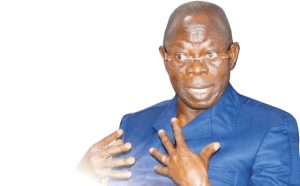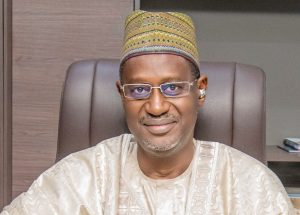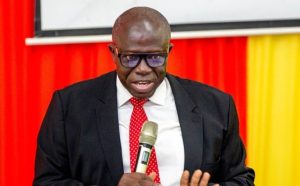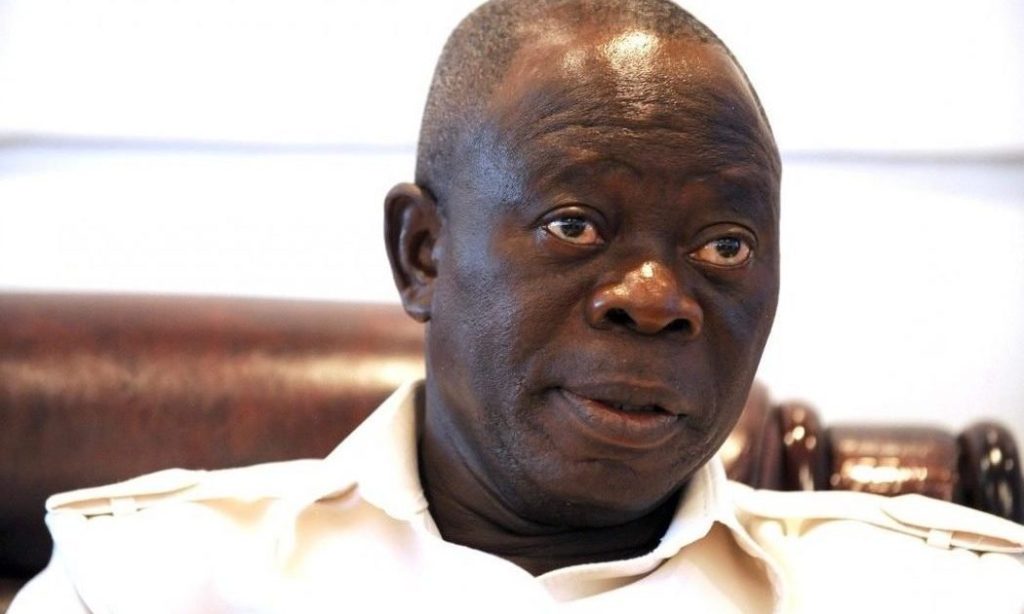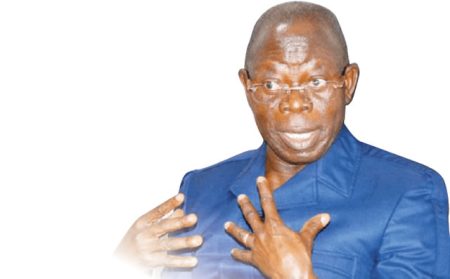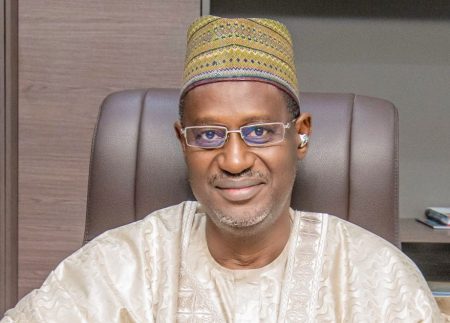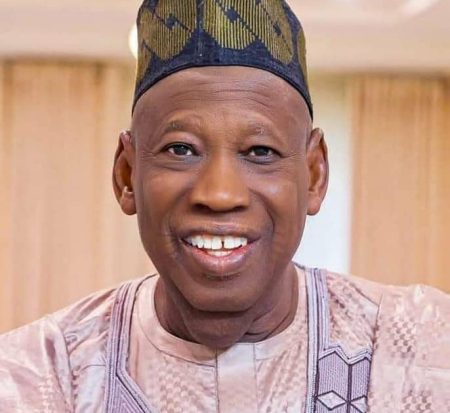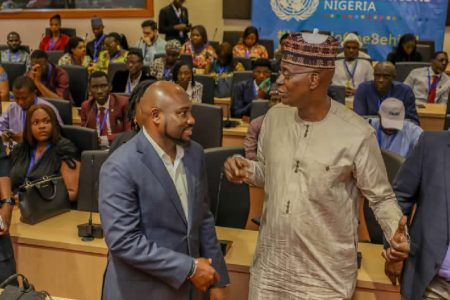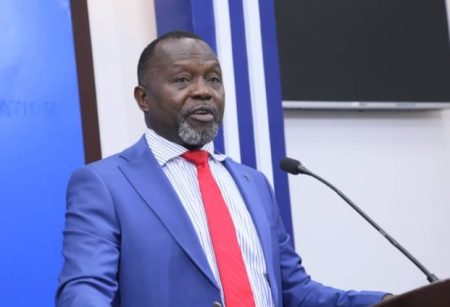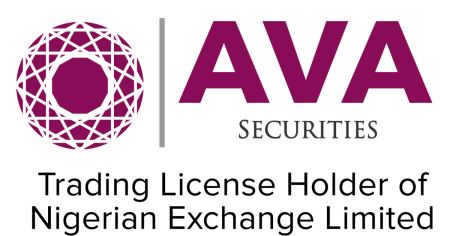Senator Adams Oshiomhole has vehemently refuted accusations labeling the 10th National Assembly as a “rubber stamp” of the executive branch, asserting that their role is not to engage in adversarial conflicts with President Bola Tinubu but to collaborate constructively for the benefit of the nation. During a televised interview, the former Edo State governor and current representative of Edo North in the Senate dismissed the “rubber stamp” characterization as both inaccurate and a fundamental misunderstanding of the legislative function within a democratic framework. He argued that engaging in constant conflict with the presidency solely for the sake of appearing independent would be unproductive and detrimental to the country, likening such behavior to “a bunch of rascals.” Oshiomhole emphasized that their mandate is to serve the interests of the Nigerian people, not to engage in performative displays of opposition.
Challenging critics to substantiate their claims, Oshiomhole implored them to identify a single law or policy endorsed by the 10th Assembly that has demonstrably harmed the nation or lacked thorough deliberation. He highlighted his own interventions, including raising concerns about alleged extortionate practices by power distribution companies, as evidence of the Assembly’s active engagement in oversight and representation. The senator underscored that effective governance does not necessitate constant public confrontation with the executive branch. Instead, he stressed the importance of reasoned deliberation, robust debate, and decision-making based on merit rather than the superficial appearance of opposition.
Oshiomhole’s defense of the 10th Assembly comes against a backdrop of increasing public scrutiny regarding its perceived alignment with President Tinubu’s administration. This has ignited broader discussions about the delicate balance between legislative independence and the need for collaborative governance. Critics argue that the Assembly’s perceived acquiescence to the executive branch undermines the crucial system of checks and balances essential for a healthy democracy. They contend that a more assertive legislature, willing to challenge the executive branch when necessary, is vital for holding the government accountable and safeguarding the interests of the citizenry.
Conversely, supporters of the Assembly’s approach maintain that cooperation between the legislative and executive branches is crucial for effective governance, particularly in addressing complex national challenges. They argue that constant conflict and obstructionism can impede progress and hinder the implementation of policies designed to benefit the nation. They point to instances where the Assembly has engaged in robust debates and made amendments to proposed legislation as evidence of its independent judgment and commitment to serving the public interest.
The debate surrounding the 10th National Assembly’s relationship with the presidency highlights the inherent tension between collaboration and oversight in a democratic system. While a degree of cooperation is necessary for effective governance, it is equally important for the legislature to maintain its independence and hold the executive branch accountable. Striking the right balance between these competing imperatives is crucial for ensuring a healthy and functioning democracy. The ongoing public discourse surrounding this issue underscores the importance of continued vigilance and engagement by citizens in holding their elected representatives accountable and ensuring that their actions serve the best interests of the nation.
Oshiomhole’s robust defense of the 10th National Assembly’s approach reflects the complex dynamics at play within the Nigerian political landscape. The ongoing debate surrounding the Assembly’s perceived alignment with the presidency is likely to continue, with both critics and supporters offering their perspectives on the appropriate balance between cooperation and oversight. Ultimately, the effectiveness of the 10th Assembly will be judged not only by its legislative output but also by its ability to maintain its independence and effectively represent the interests of the Nigerian people. This requires a nuanced understanding of the complexities of governance, the importance of collaboration, and the critical role of legislative oversight in ensuring accountability and safeguarding the principles of democracy.
The ongoing scrutiny of the 10th National Assembly serves as a crucial reminder of the importance of an engaged citizenry in holding their elected officials accountable and ensuring that the principles of democracy are upheld. As the debate surrounding the Assembly’s relationship with the presidency continues, it is imperative that citizens remain informed and actively participate in shaping the future of their nation. The strength and vitality of a democracy depend on the active participation of its citizens and their unwavering commitment to holding their representatives accountable for their actions. This ongoing dialogue underscores the importance of transparency, accountability, and robust public discourse in fostering a healthy and vibrant democracy.


